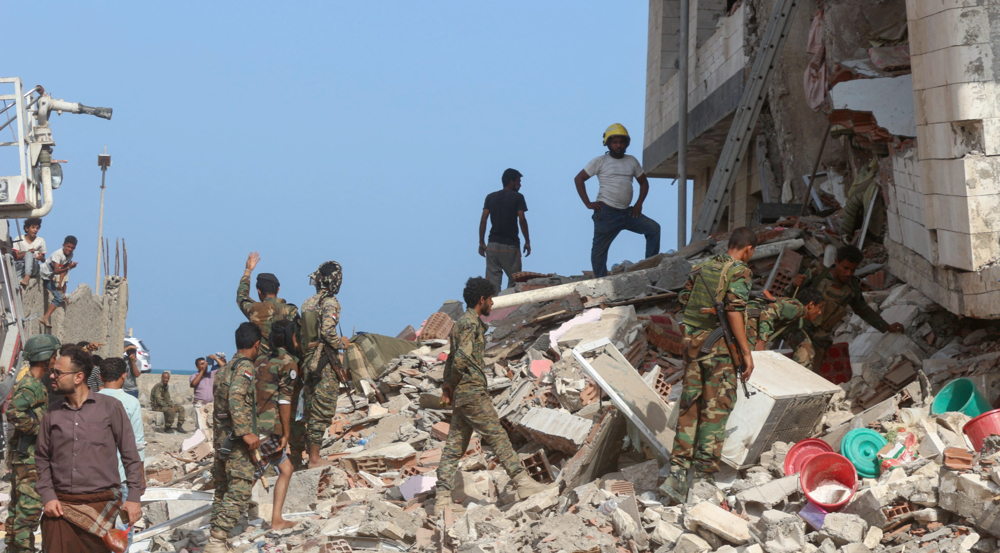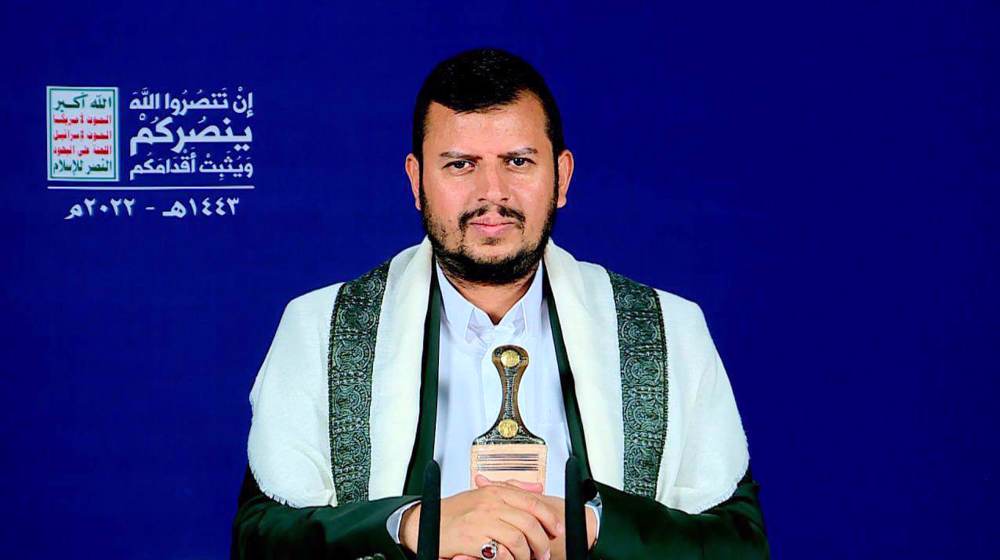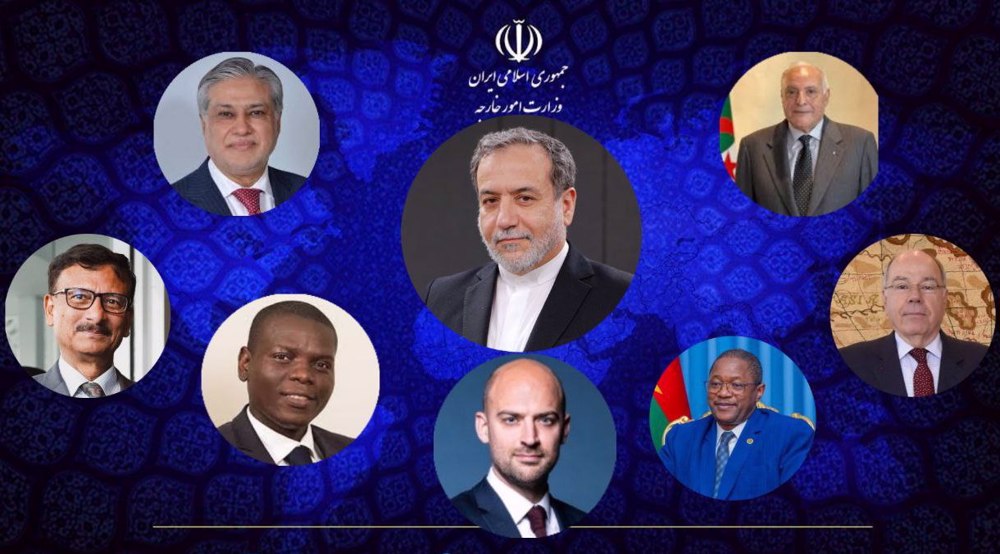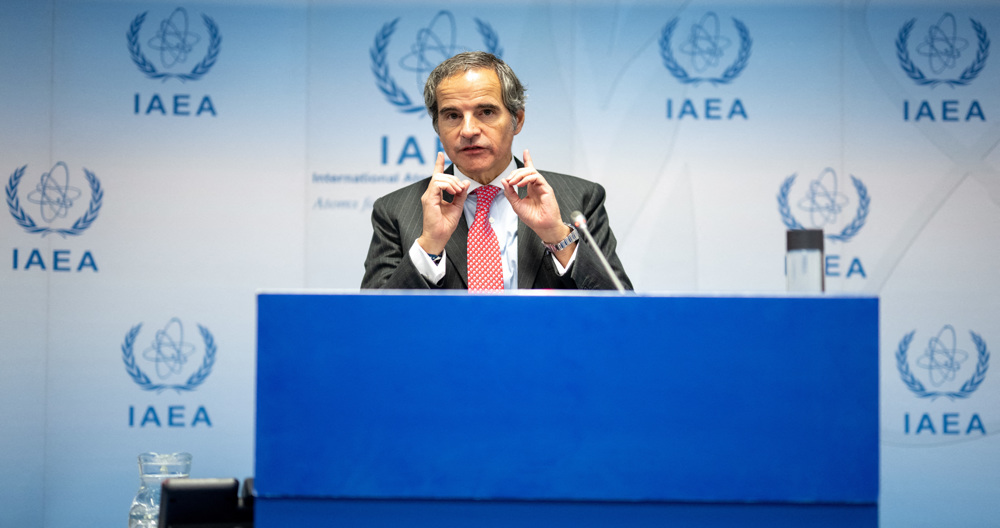Iran hopes political dialog, truce will end war, humanitarian crisis in Yemen
A senior Iranian diplomat says Tehran hopes that the ongoing humanitarian crisis in Yemen will end through political efforts, practical measures to lift the Saudi-led blockade, the establishment of a truce and political dialog.
Ali Asghar Khaji, a senior aide on political affairs to Iran’s foreign minister, made the remarks in a Tuesday video conference with Hans Grundberg, the United Nations secretary general’s special envoy for Yemen, days after the Saudi-led war on its southern neighbor entered its eighth year.
He hailed as an “important step” a three-day truce announced by Yemen’s popular Ansarullah resistance movement.
Engaging in positive interactions, developing a true will to resolve the Yemeni crisis through peaceful approaches and prioritizing human issues can bring about an end to the war on the eve of the holy month of Ramadan, he said.
Chairman of Yemen’s Supreme Political Council Mahdi al-Mashat on Saturday evening announced the suspension of retaliatory missile and drone attacks and all military actions against Saudi Arabia for a period of three days.
“This is a sincere invitation and practical step to rebuild trust and take all the sides from the arena of talks to the arena of acts,” Mashat said.
On Monday evening, the leader of the Ansarullah resistance movement urged the Riyadh regime to seize on the group’s announcement of a three-day truce with the Saudi-led alliance to immediately halt all military operations and the brutal siege against the impoverished country.
The UN envoy, for his part, outlined his latest plans and measures to pave the way for peace, including his recent consultations with various Yemeni groups in Jordan and his talks with different parties involved in the Yemeni crisis.
Grundberg said he plans to travel to Tehran and hold more consultations with Iranian authorities.
Launched in late March 2015, the war on Yemen was aimed at crushing the Ansarullah resistance movement and re-installing the former Riyadh-friendly regime in the Yemeni capital Sana’a within weeks, but Riyadh continued the war after failing miserably.
The Saudi-led coalition has been mainly using airstrikes to attack Yemeni targets, including residential areas in the capital Sana’a and elsewhere around the country. The coalition has received logistical and intelligence support from the United States, Britain, and France.
In recent months, there have been serious escalations in the still-asymmetrical war, as the Yemeni armed forces pushed forward with and broadened their retaliatory strikes, bringing the war into Saudi and Emirati soil. In turn, Saudi Arabia has intensified its air raids and tightened its siege on Yemen by seizing its fuel tankers on several occasions.
Because of the war and the accompanying siege, Yemen is now facing the worst man-made catastrophe in the world. Hundreds of thousands of people have been killed in the course of the war.
VIDEO | 85% of Yemeni displaced people face daily hunger crisis
US House passes bill targeting charities and pro-Palestine groups
VIDEO | Supporting Gaza genocide
Hezbollah attacks Israeli forces after Lebanese homes blown up
World leaders, states hail ICC arrest warrants for Netanyahu, Gallant
MP: US accountable for possible Israeli 'foolishness' to attack Iraq
VIDEO | Israeli policies strangle Palestinian agriculture, economy
Iran's president offers condolences to Pakistan over terrorist attack











 This makes it easy to access the Press TV website
This makes it easy to access the Press TV website